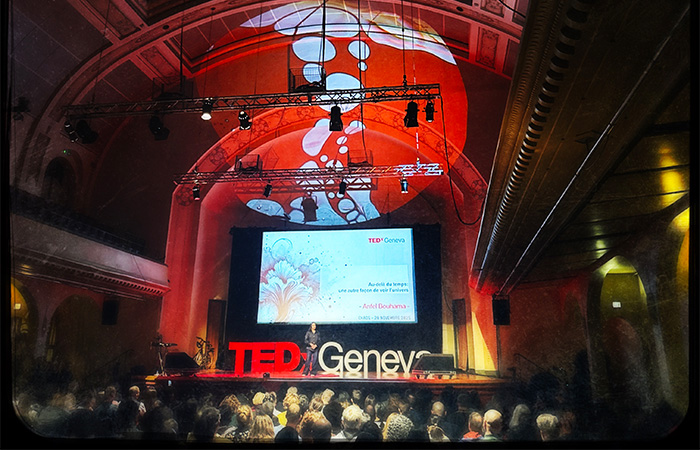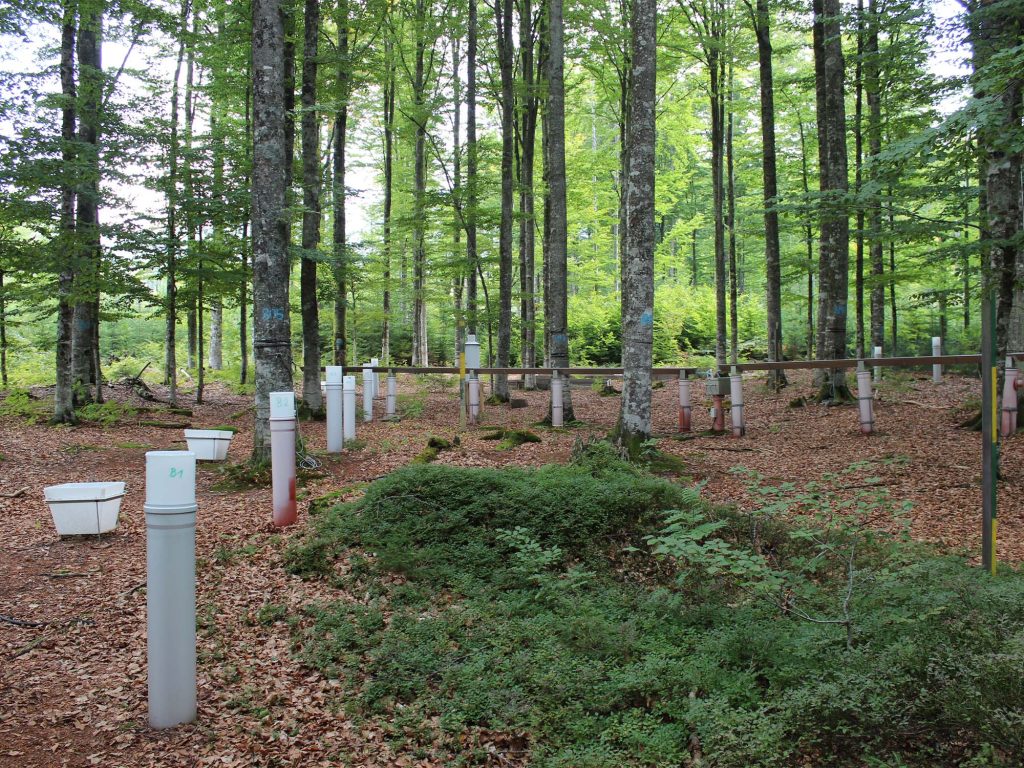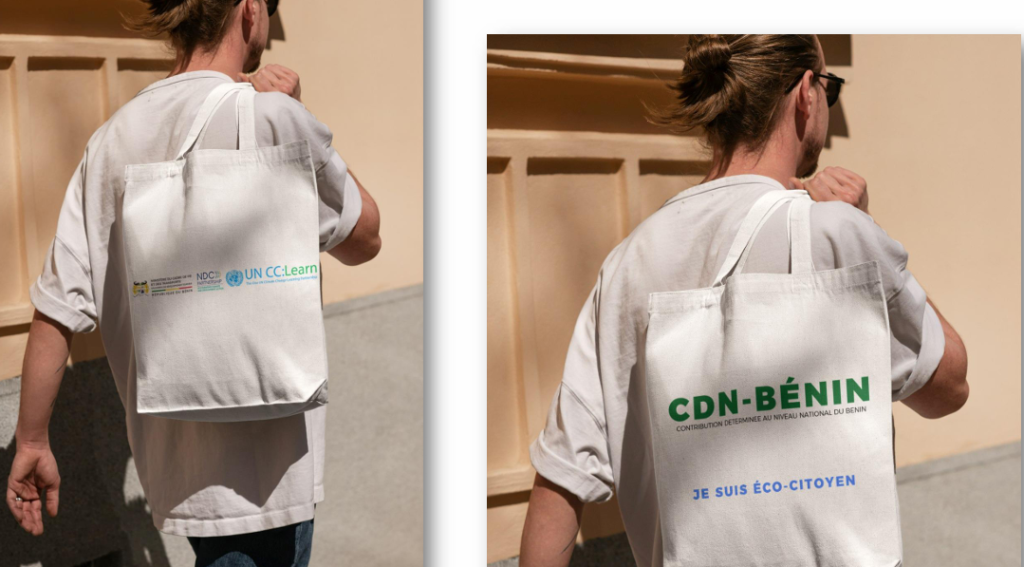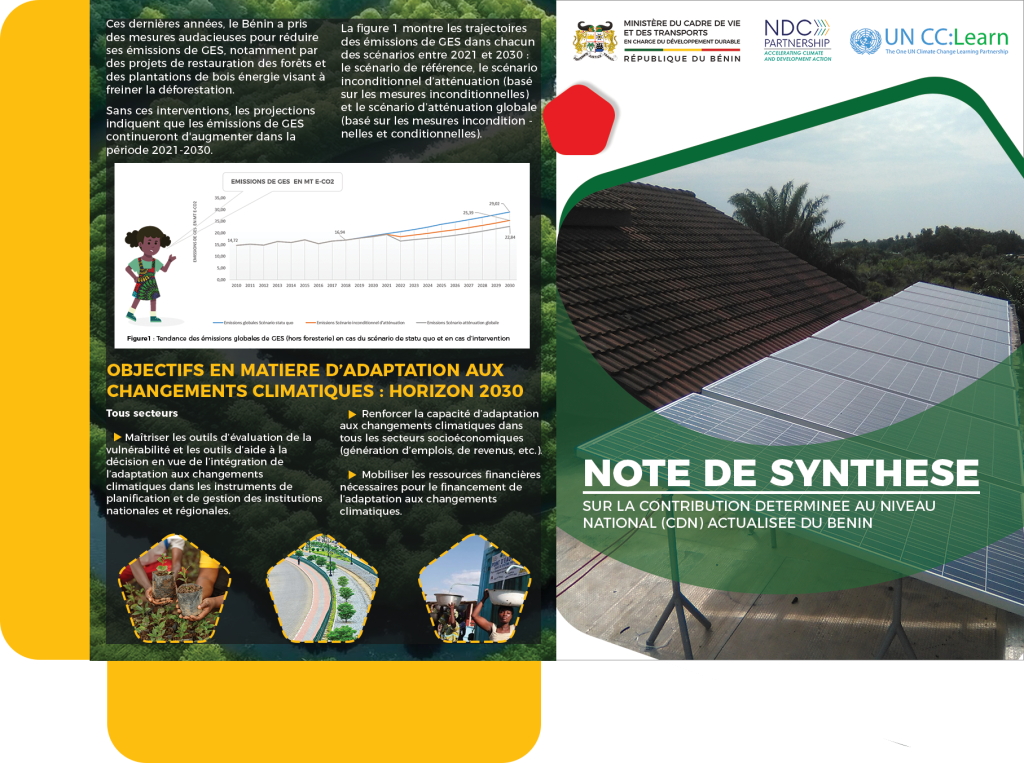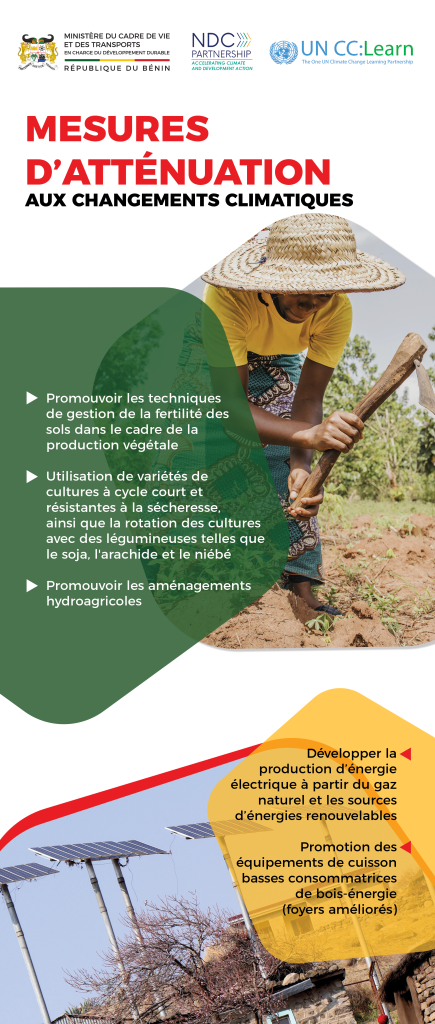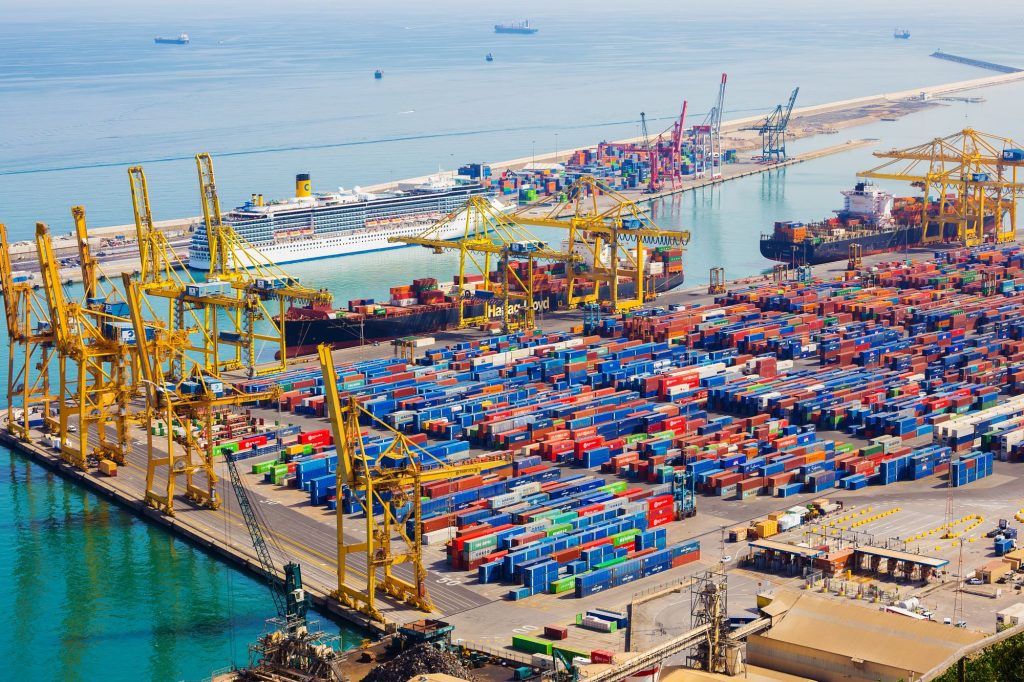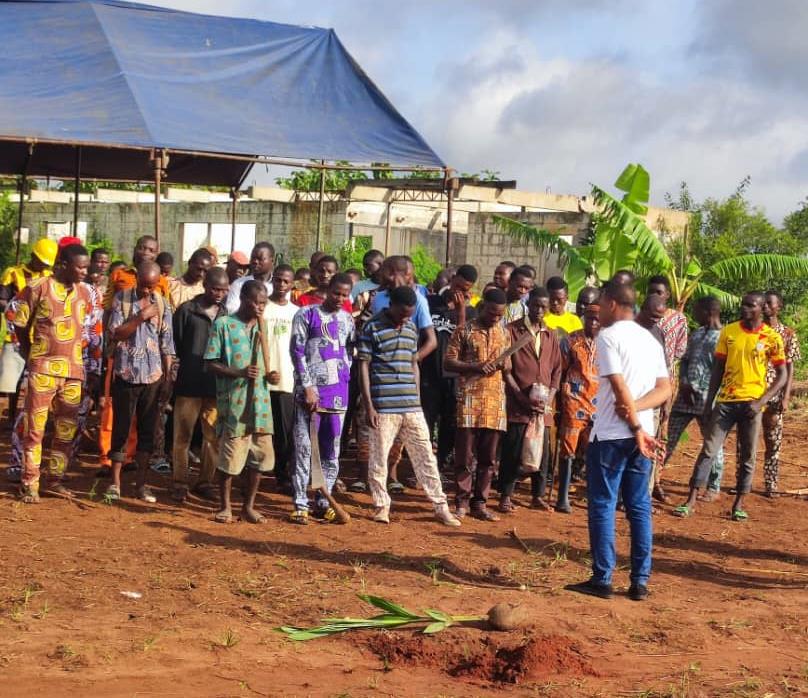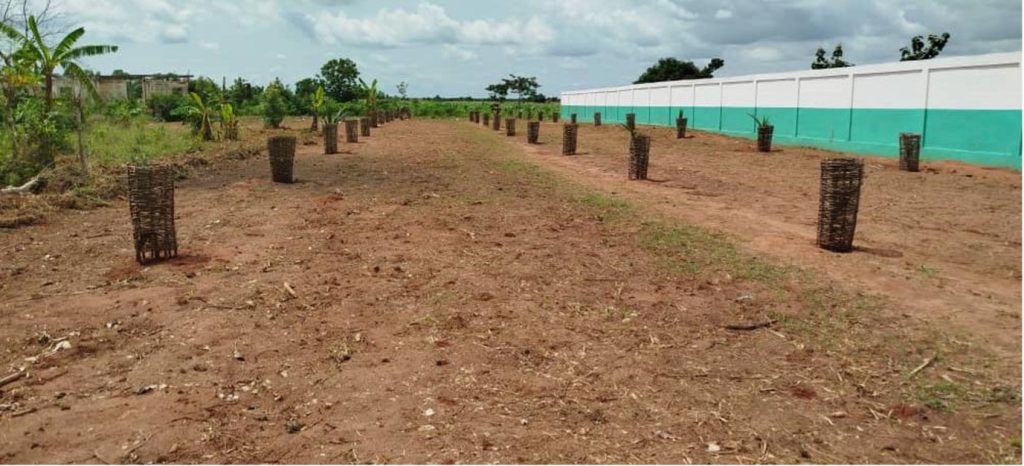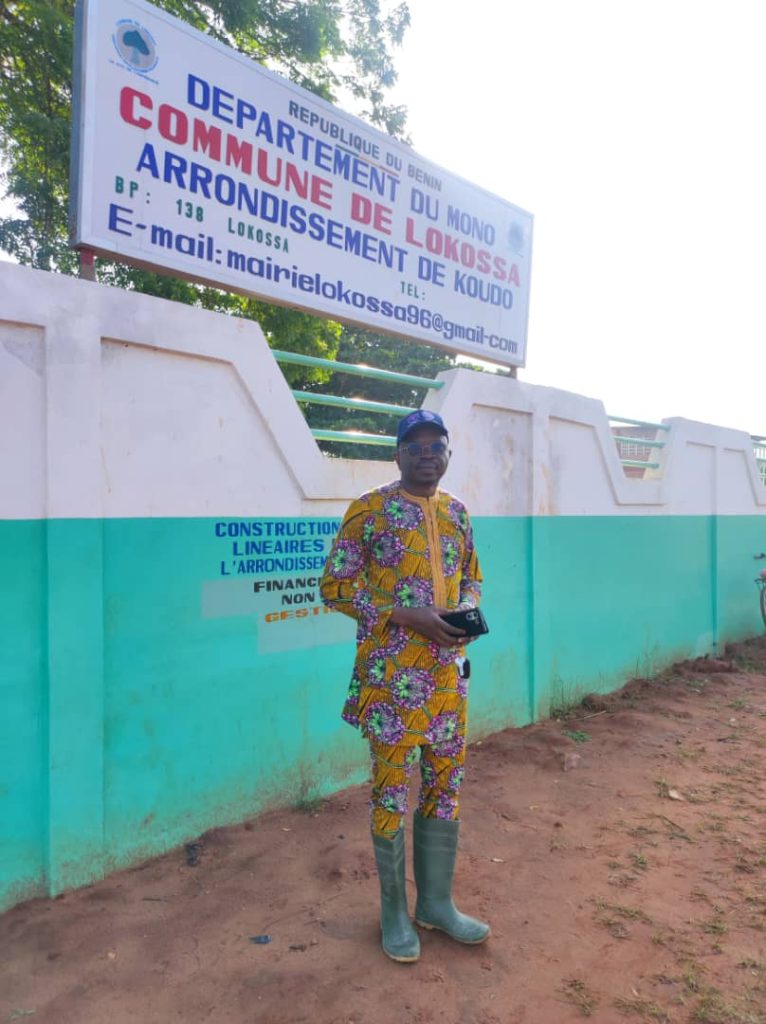On 28 November 2025, the iconic red TEDx letters lit up the Theatre Pitoeff in Geneva, Switzerland, as hundreds of people gathered for TEDxGeneva 2025 – CHAOS, an evening of 11 talks and 2 interviews in French and English exploring how disorder can become a catalyst for positive transformation.
For the fourth time, UN CC:Learn, with support from the Government of France, joined forces with TEDxGeneva to support a programme that put the environment, social justice, and systems change at the centre stage.
Chaos as a lens on today’s climate and social crises
This year’s theme, CHAOS, invited speakers and participants to look at the accelerating climate crisis, rising inequalities, and rapid technological change not only as sources of disruption but also as openings for new ways of thinking and acting.
How can the cracks in existing systems also create space for fresh ideas, fairer economies, and more resilient communities? That’s what 14 presenters addressed in their interventions over the 4-hour event. From leveraging product repairability as a business model to using AI to combat organized crime, the evening’s Talks covered a wide range of thought-provoking ideas that prompted the audience to reflect.
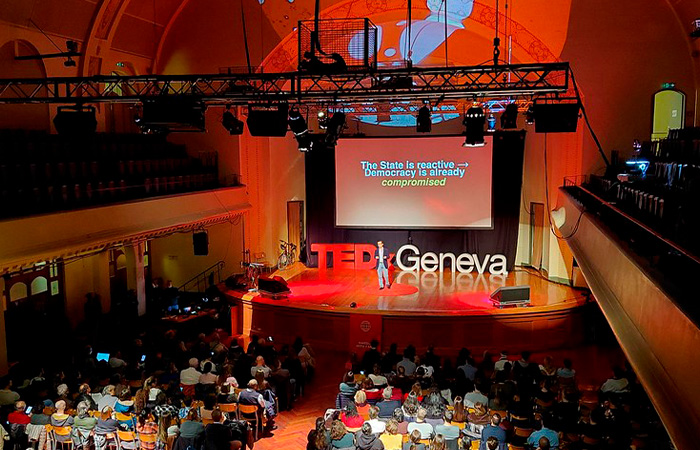
TEDxTalk during TEDxGeneva CHAOS.
11 talks, 2 interviews, and many ways to navigate chaos
Doors opened at 17:00, with talks beginning at 18:00 and running in two parts, separated by a networking cocktail. Simultaneous translation via mobile phones made the evening accessible to both French- and English-speaking participants, reflecting Geneva’s international character.
The CHAOS programme brought together a rich and varied line-up of speakers:
Climate courage and circular solutions
- Isabelle Veillon explored why grandmothers like her are prepared to risk arrest for the climate, reflecting a growing movement of older activists who refuse to remain silent as the climate emergency deepens.
- François Marthaler shared insights on how the repair economy and circular solutions can help societies reduce waste, rethink consumption and confront ecological breakdown.
Learning from living systems
- Martin Colognoli invited the audience to flip a common narrative: rather than seeing humans as protectors of coral reefs, what if coral could inspire us to rethink how we act and cooperate, in order to protect both ocean ecosystems and ourselves?
- Carole Fonty showed how the arrival of a single small mussel species can trigger major ecological changes, illustrating how seemingly minor shifts can cascade through ecosystems, and why understanding these dynamics matters in a changing climate.
Food systems and radical transparency
- Xavier Bengoa made the case for “radical transparency” in food systems as an antidote to chaos in what we eat, linking data, accountability and consumer empowerment to more sustainable and equitable food chains.
Information overload and artificial intelligence
- Anna Nesvijevskaia tackled the “information flood” of the digital age and asked how societies can navigate massive data flows, measured in zettaoctets, without losing their humanity.
- Gian Maria Campedelli examined how AI could become an ally in the fight against organized crime and corruption, showing the potential of new technologies to support the rule of law and fairer societies.
Ethics, analogue tools, and self-leadership
- Carissa Véliz reflected on the “power of analogue” in an increasingly digital world, highlighting how stepping back from constant connectivity can help safeguard privacy, autonomy, and mental well-being.
- Talks by Florence Dambricourt, Christos Lazaridis, Patrice Van Eersel, Paul-Olivier Dehaye, Anfel Bouhama, and Muriel Jeker added perspectives on self-leadership, cognitive science, philosophy, digital curiosity, and physics.
Across all interventions, one idea resonated strongly: chaos is not only about breakdown. It can also be the starting point for new, better, and more sustainable ways of living together.
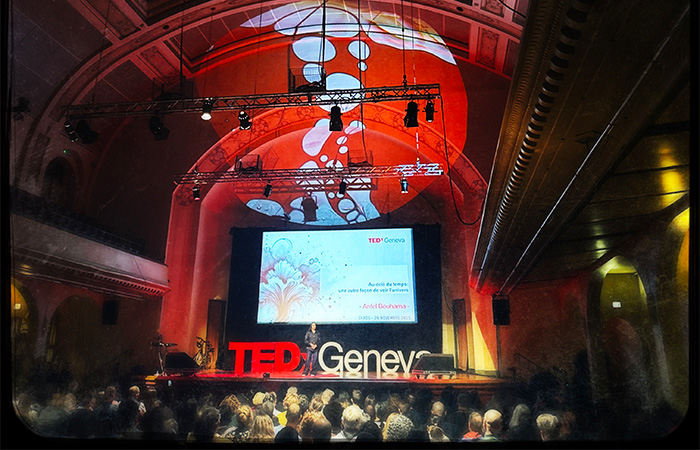
TEDxTalk at the TEDxGeneva CHAOS.
UN CC:Learn and TEDxGeneva: four editions of ideas worth spreading
The CHAOS edition builds on a partnership that began in 2021, when UN CC:Learn brought youth and climate change to the forefront through discussions on scaling up climate action.
- The Tide is Rising (2021), which spotlighted youth voices and the need for urgent climate action.
- Regeneration (2022), which explored how regenerative approaches can help societies respond to the climate crisis.
- Breathing (2023), which connected the act of breathing with environmental health, social well-being and climate solutions.
The 2025 CHAOS edition marked the fourth time UN CC:Learn has supported TEDxGeneva, this time alongside HEG Genève, TechFirm, Loterie Romande and the Canton of Geneva.
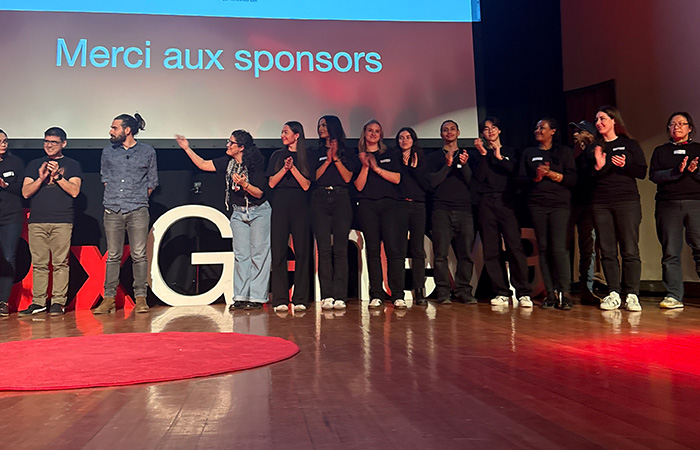
Volunteers at the TEDxGeneva CHAOS

